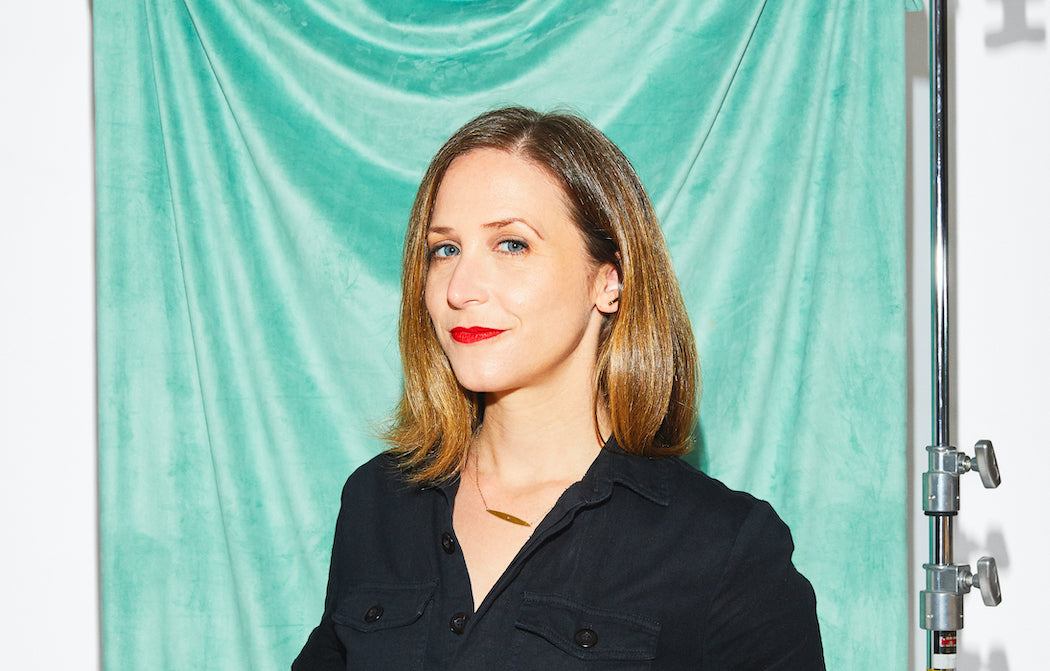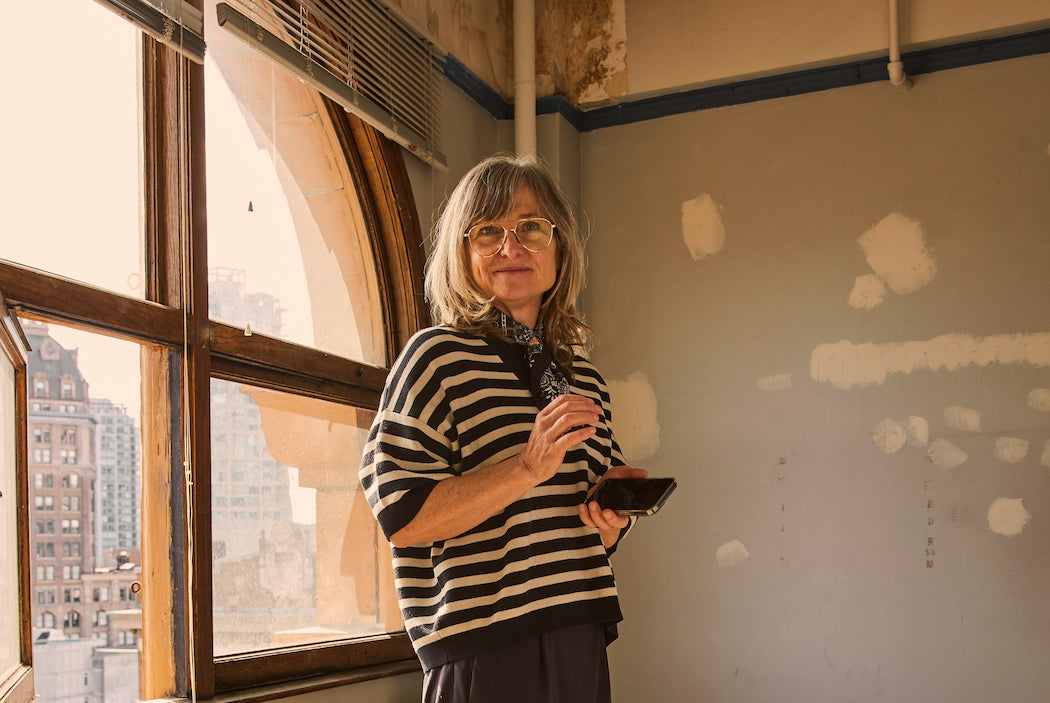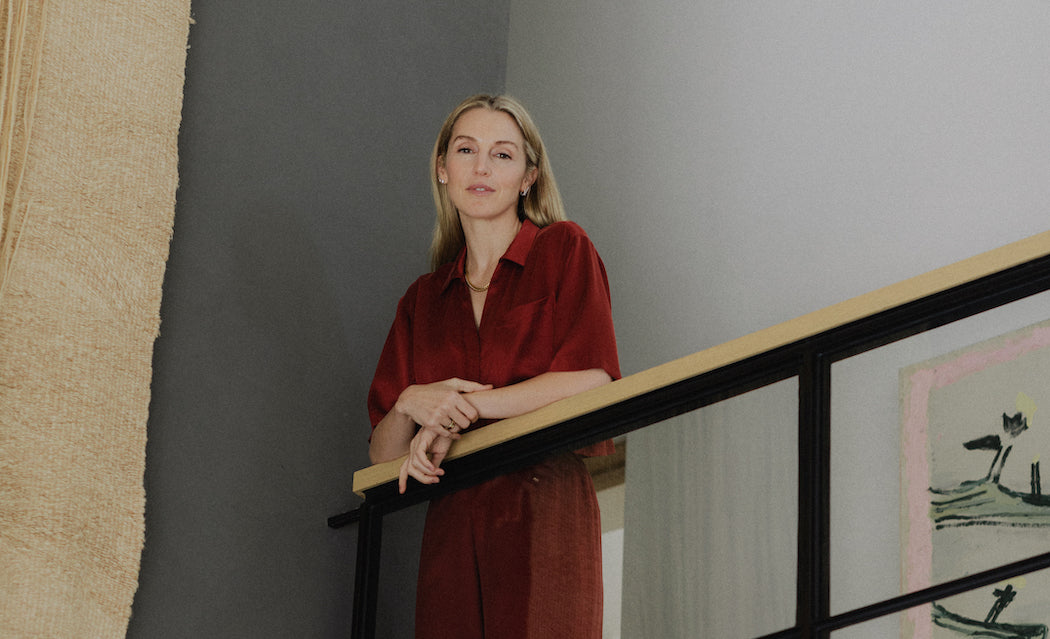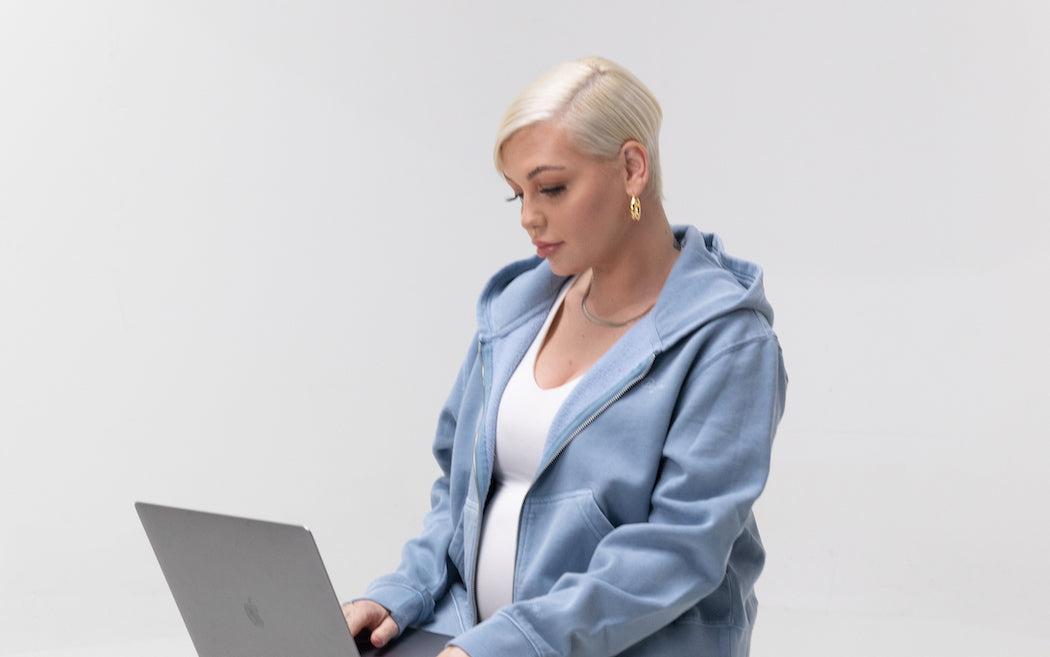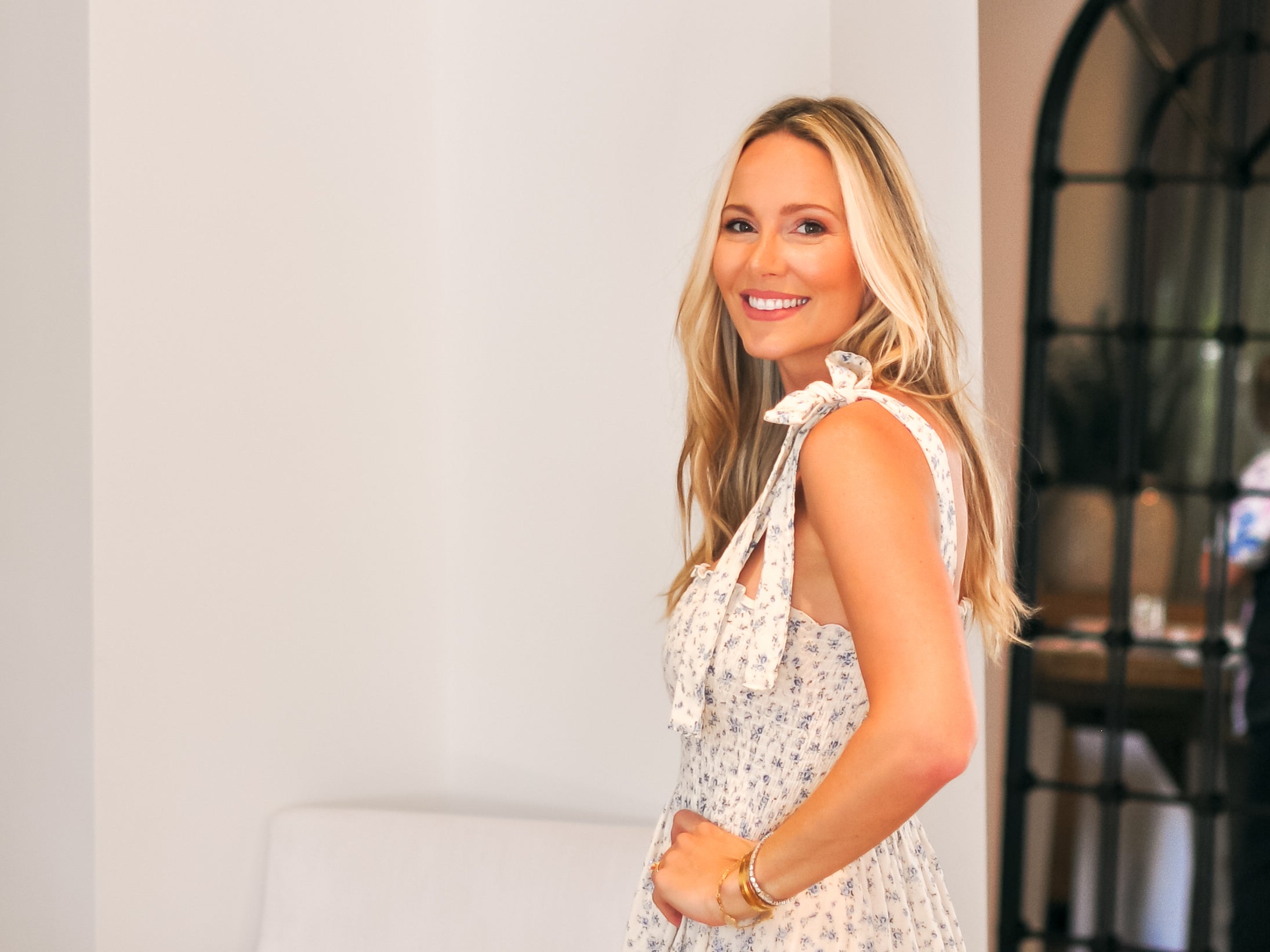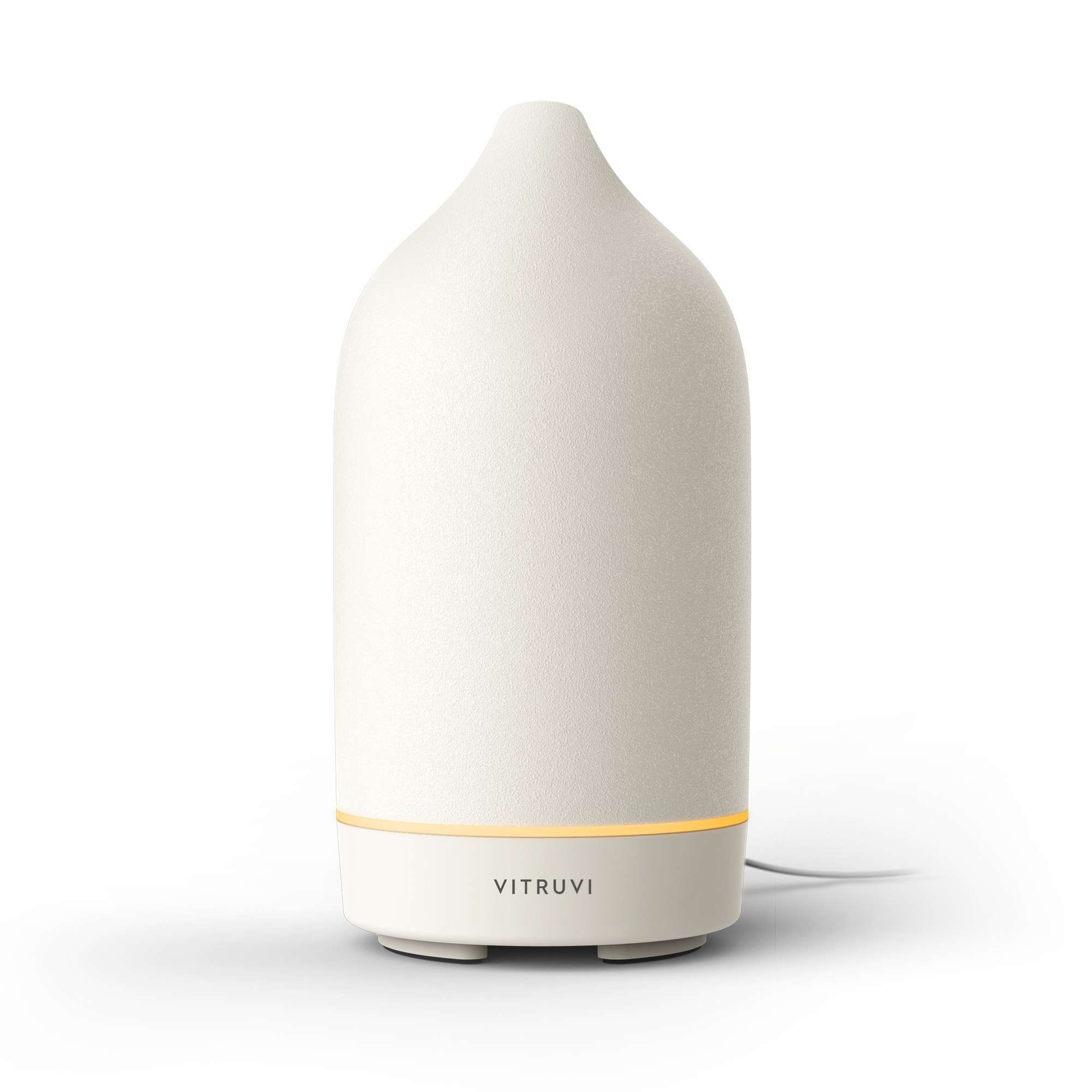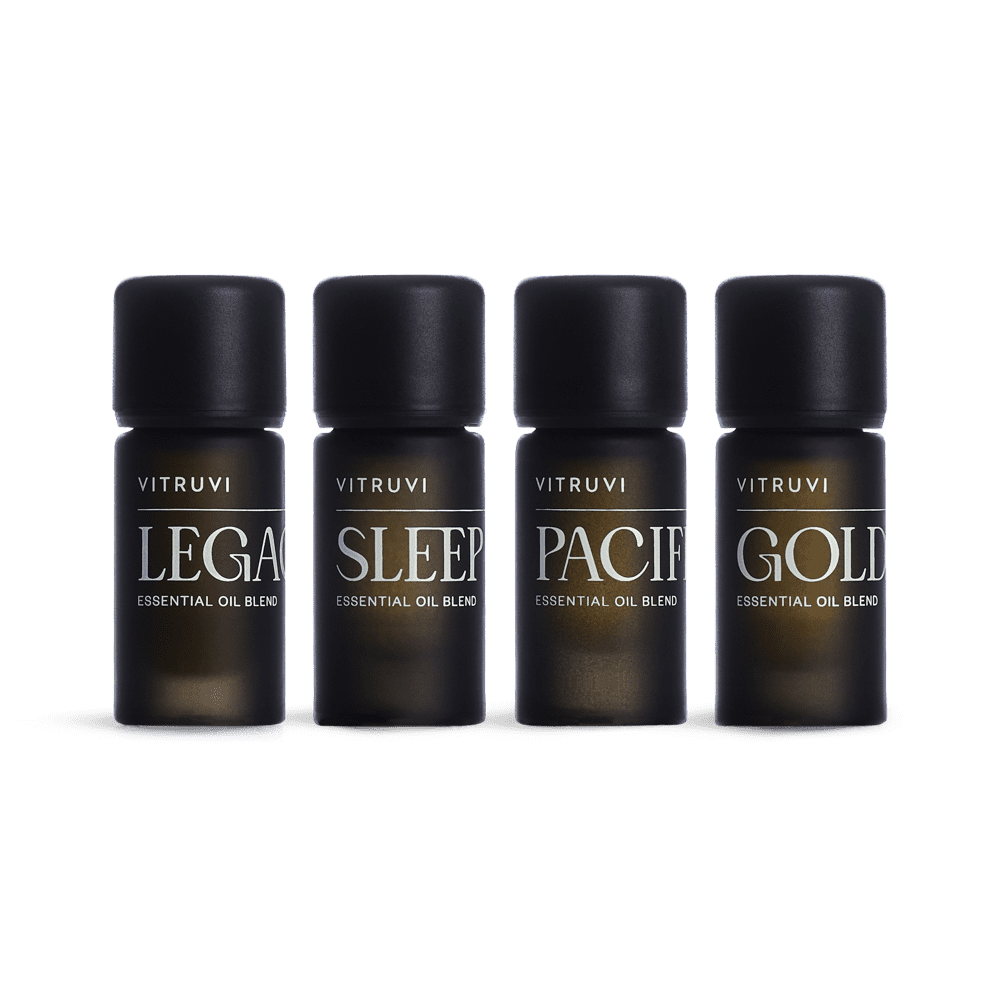Before Tovah Haim gave birth to her first baby, she committed to quickly returning to her fast-paced job as the CFO at a startup. The timing, she found out the hard way, was a perfect storm.
“I thought I would be one of these New York City women who goes back to work within two weeks and powers through it, and it’s going to be totally fine,” Haim recalls. Her post-birth reality wasn’t quite so simple, though.
At one point in the early days, she woke up in the middle of the night with sweats and hot flashes. “It was extreme. I thought that I maybe had an infection and was spiking a fever, and called the doctor and was like, ‘Oh, my God, I’ve never woken up actually completely soaked through my pyjamas from sweat. Something’s got to be wrong,’” she remembers via video chat. “And the answer, not for the first time, was: ‘No. This is totally normal. The process that your body goes through in postpartum is very similar to menopause in some ways. You are experiencing hot flashes in the same way that women in menopause experience hot flashes.’ I couldn’t believe that nobody told me that.”
The hot flashes were just one example, which surprised Haim, because she had done her research. “I had a doula; I had a fantastic OB-GYN; I have friends and family who have given birth, and nobody told me the realities of postpartum,” she says. “I couldn’t believe all of the things that were happening to my body. And when I would call the doctor to find out, ‘Hey, I’m bleeding a lot. This feels like it can’t be normal.’ And they’d tell me, ‘No, actually this is totally normal.’”
Panty liners were just one of the items on what became a long list of things Haim wished she had on hand in the weeks after giving birth. Eventually, she had her moment—the one nearly every founder describes when a personal grievance becomes a really smart business idea. Having sought out comprehensive postpartum resources and finding mostly “people selling crystals,” she knew something better was needed.

She told her husband: “This is disgraceful that this is what women go through. I’m not the only woman giving birth. I’m not the only woman giving birth and going back to work. I’m not the only woman giving birth and going back to work quickly...and for there to be this degree of inadequate resources from an information perspective and a product perspective, it is shameful that this is what we are serving women in this day and age.”
And so she got to work, researching to see if there was a market for her idea—and if there was, how she could create a viable business that would succeed financially, but also serve a greater good, and serve as the resource she wished she’d had. And so, in 2018, Bodily was—pun intended—born.
Most women (whether they’re mothers or not) have experienced the stigma that still surrounds many female health issues. And then, on top of that, “there’s this strange cultural phenomenon where I think we don’t want to rain on pregnant people’s parade,” Haim says. In creating Bodily (where postpartum care kits become downright Instagrammable), she “wanted to take that concern and that hesitation off the table,” she continues. “So we made this box of things that are all of the things that no one wants to tell you that you need, but are exactly the things that you actually need. We made it beautiful. We took the ickiness out of some of these products that otherwise feel icky. Somebody just wrote to us yesterday and said that the box feels like a hug for new moms.”
Of course, when she created Bodily, Haim did far more than just put stuff in a pretty box; she also worked to reinvent the products that existed for women but that didn’t serve their needs in any meaningful way.
For starters, Bodily’s Nip Protect recreates the typical nipple balm, but without lanolin (a sheep-derived ingredient not suitable for vegans). The brand also reworked mesh underwear—“the ones that the hospital gives you, they don’t look like underwear,” Haim says. Bodily’s version, meanwhile, “just looks like underwear, but they’re the same kind of stretchy comfort that you get from the hospital mesh underwear.” And then there is Bodily’s nursing bra, which was created in partnership with lactation specialists. That means it is “literally designed so that the placement of the seams is optimized for breast health,” Haim says. “There are a lot of things that you can do in wearing your bras and in breastfeeding that can increase your risk of some serious breastfeeding ailments, so we optimize the construction of the bra to minimize that risk—and then we worked with fashion designers to make it beautiful.”
Because all of motherhood—even the tough parts, even the hushed experiences—is beautiful, and should be celebrated.

